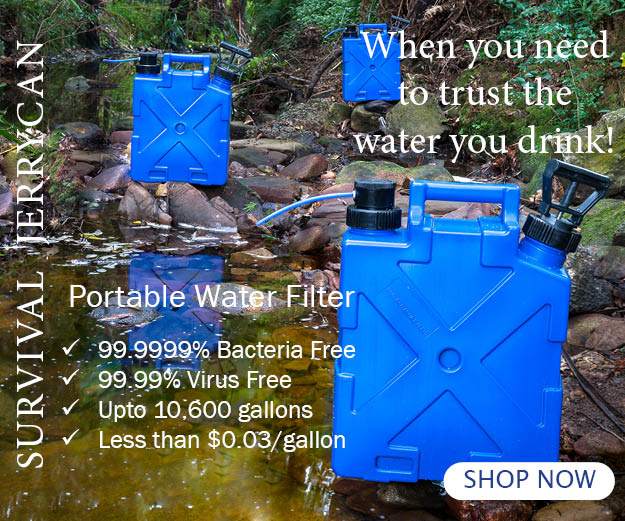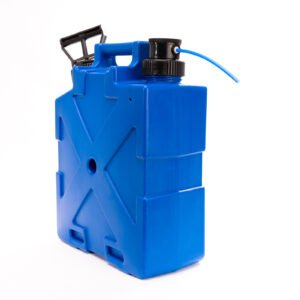It’s estimated 14,000 people die each day due to drinking from a contaminated water supply. In countries across Asia and Africa, an estimated 2 million die each year from water-related disease, and that around 1 billion people worldwide do not have access to clean water or basic water purification systems.
While we associate water contamination problems with third-world countries, where the lack of water purifiers and access to clean water is,, without doubt,, a critically acute problem, the Western world also faces growing challenges.
Estimated effects of water pollution indicate 45% of the streams in the U.S.A., 47% of lake surface,, and 32% of coastal bays and estuaries suffer from water-borne diseases and pollution. However, pollution in water is not always
man-made. Causes of water problems include climatic fluctuations leading to algae blooms, flooding, storms, and earthquakes.
Contamination is assessed by the ability of the body of water to support marine or aquatic life or as a drinking water system, particularly for human life. Contaminated groundwater or surface water may be caused by a range of contaminants such as pathogenic microbes including viruses, parasitic protozoa, and bacteria, pesticides and herbicides, oil and petrol, salts,, and radioactive substances.
Contaminated water problems from industry, agriculture, stormwater, and untreated sewage significantly impact on the purity of our water systems. While water quality problems can be critical for all sorts of activities such as farming, it is in the area of providing individual drinking water filters for human use that Sure Aqua really excels.
Surprising Water Contamination in Bottled Water
An important point to note when you are traveling – particularly with babies or young infants – bottled water often just taps water and is not sterile.
Bacteria in non-threatening numbers are naturally present in bottled water. However, bacteria can be dormant in bottled water. These dormant bacteria have the capability of start multiplying within 30-days. With higher storage temperatures are reached, bacteria can grow quickly and multiply very fact to lethal levels. The World Health Organization has issued warnings directed to the elderly, pregnant women, and young children with a ‘heads up to all adults that there is a high possibility of this happening I some bottled water.


